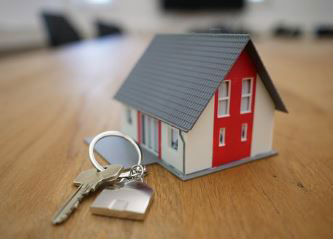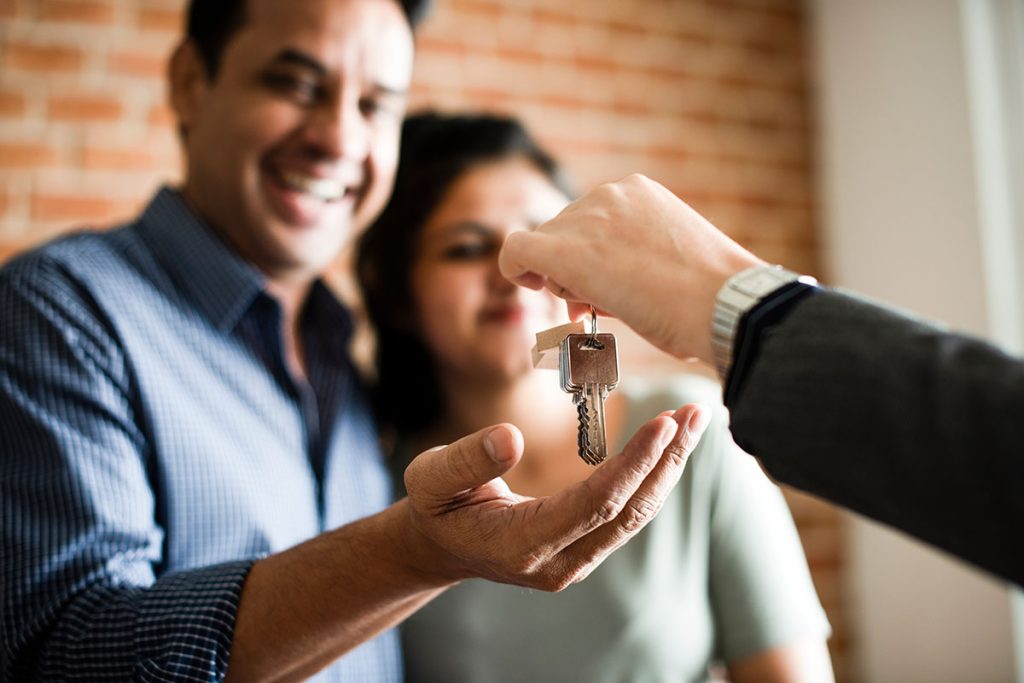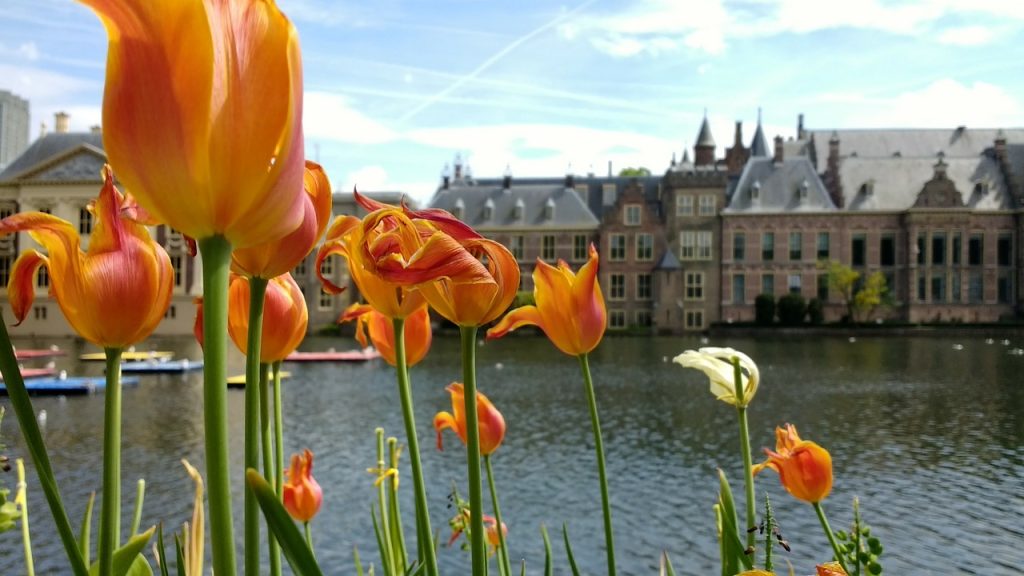Advantages of buying a house in the Netherlands
Do you enjoy living in the Netherlands and do you want to stay here for a longer period of time? Then buying a house could be a smart investment. However, we always advise to rent a house in the first period (at least half a year to a year) to get to know your new environment better.
Some reasons for buying a house:
- Even though the housing market has cooled down, on a historical basis average home prices show an upward trend
- Mortgage rates have risen this year, but we are still far from the levels of the 1980s. Back then we were dealing with an interest rate of 12%! The mortgage interest you pay is tax deductable
- Paying off the mortgage contributes to capital creation
- Do you decide at some point to leave the Netherlands? You then have the opportunity to rent out your home here and generate income
- As a homeowner, you are completely free to furnish and renovate your house to way you like. As a renter you have some restrictions there.
- You have the opportunity to make your home more sustainable. By doing so, you can save on your energy expenses
So far for the reasons why you could consider buying a house here. But how exactly does that work? And what costs will you have to deal with? We are happy to explain.
Note: Often, parallel to buying a house, there is also a process for getting a mortgage. What the mortgage process looks like, we’d be happy to tell you in a next article.
Buying a house in 6 steps:
1. Preparations
Before the house hunting can start, it is important to have a few things clear. Important are your living requirements, how long you plan to live in the house and what you expect to happen in your life during that time. With this you can determine what your house should meet. For example, if you are expecting family expansion, it is important that the number of bedrooms is sufficient. Additionally – not entirely unimportant – you need to know what your financial possibilities are. Do you already have enough money to buy a house or do you need (part of) a mortgage? If you know what your budget is, then you know in what price range you can start looking.
Note! A mortgage advisor often calculates in a free initial meeting how much money you can borrow to buy a house. We have good contacts with a number of expat friendly mortgage advisors.
2. Househunting
Okay, you know what you want and how much you can spend. Nothing stands in your way to start looking for your new home. But how do you find your new home? Roughly speaking, you have two choices here: do it yourself or with the help of a real estate agent.
If you are going to search yourself, use www.funda.nl. Here you’ll find the current supply of houses in the Netherlands. Do you see a house you like? Then you can make an appointment for a viewing. During a viewing you will get a tour of the house, you can ask questions about the house and you will receive relevant documents about the house. Althought this option looks interesting you will see that many houses that you might like have already been sold.
Do you hire a real estate agent? Then he will assist you in the search for your home. He will make suggestions of homes that meet your requirements and he will accompany you to viewings. He reviews all relevant documents and advises you. A real estate agent is not free. Expect an amount of €3,000 to €5,000 for a successful purchase process.
3. Negotiating
Have you finally found a house that you are completely convinced of? Then comes the exciting moment to make an offer. In addition to the price, you name conditions with your offer. By stating the conditions, you can still refrain from the purchase in specific cases. This is because the purchase is binding once you agree on the price and conditions with the seller. The most common condition used is the condition of financing. With this you agree on a date. The idea is that you have arranged financing before that date. If you do not succeed before that date, you can still get out of the purchase. If you don’t manage to arrange financing after that date, you owe 10% of the purchase price to the seller.
In response to your offer, the seller can make a counter-offer until you finally reach an agreement.
4. Signing the purchase contract
The seller’s real estate agent will draw up the purchase contract. This will contain among other things your and the seller’s details. It also contains details of the house, the purchase price, the conditions and everyone’s rights and obligations. After signing the contract, you officially still have 3 days for reflection. During the reflection period, you may still refrain form the purchase without giving any reason. Sometimes the cooling-off period is longer if at least 2 of the 3 days fall on a weekend and/or public holiday. You can have an building inspection performed by a specialist during the cooling-off period. If this reveals something you do not like, you can still cancel the purchase
5. Financial matters
The reflection period is over and now you have to start arranging your finances:
- Do you need a mortgage? Then the house needs to be valued by an appraiser
- For the mortgage you need to meet with your mortgage advisor to arrange the loan
- You must pay 10% of the purchase price as a deposit or provide a bank guarantee for this amount
You will receive an invoice from the notary at some point. On this all the amounts are noted related to the purchase. There is a total amount that you have to pay and you have to make sure that this amount is in the notary’s account before the transfer takes place.
6. Notary appointment
On the agreed day, the transfer will take place at the notary. Just before the notary appointment, you meet at the house to inspect it. You check that everything is in the agreed condition. Then you go to the notary. First of all, the notary goes over the delivery deed. This states that the seller will deliver the house to you. You both sign this deed and then the seller hands over the keys of the property to you. After that you sign the mortgage deed if you take out a mortgage. Congratulations! The house is now officially yours.
A summary of the costs
Costs on top of the purchase price when you’re buying a house:
- Transfer tax: 2% of the purchase price (free if you are under 35, it’s the first house you buy and the mortgage is less than €400.000,-)
- Notary: on average between €1.000 and €1.500
- Appraisal: average between €500 and €750
- Building inspection: average between €300 and €500 (optional)
- Mortgage advice: between €2.500 and €4.000
- NHG (Nationale Hypotheek Garantie): 0.7% of the loan amount
For homes of €355,000 or less, you can take out NHG. You then have a safety net if you can no longer pay your mortgage through due to reasons which are not your own fault. An additional advantage is that with NHG you get a discount on the interest rate of your mortgage. - Bank guarantee: 1% of the amount of the deposit (10% of the purchase price, optional)
- Real estate agent: on average between €3.000 and €5.000 (optional)
Costs in connection with the financing can be deducted from your income tax.
More info?
Please contact us at company@anywr-group.com.


